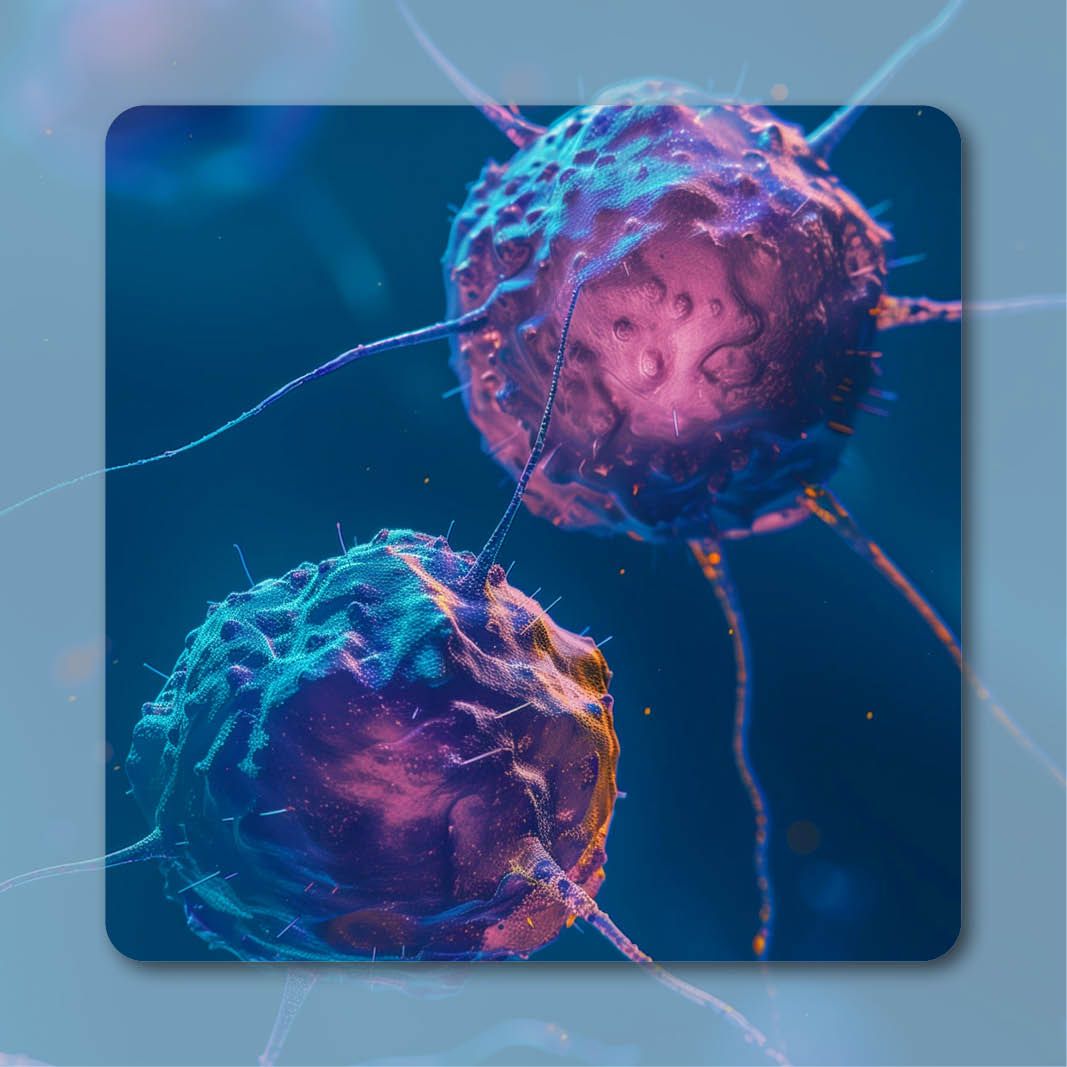Video
Dr. Johnston on the Results of monarchE With Abemaciclib in High-Risk Early Breast Cancer
Stephen Johnston, MA, PhD, FRCP, discusses the results of the phase 3 monarchE study examining the addition of abemaciclib to endocrine therapy in patients with high-risk early hormone receptor–positive, HER2-negative breast cancer.
Stephen Johnston, MA, PhD, lead investigator and professor of Breast Cancer Medicine at The Royal Marsden NHS Foundation Trust, discusses the results of the phase 3 monarchE study examining the addition of abemaciclib (Verzenio) to endocrine therapy in patients with high-risk early hormone receptor–positive, HER2-negative breast cancer.
The primary end point of the trial was invasive disease-free survival (iDFS). Investigators observed significantly fewer events in patients who were treated with abemaciclib compared with those who had endocrine therapy alone; this resulted in a 25% reduction in risk of recurrence with a hazard ratio of 0.747, Johnston explains. This was determined to be statistically significant, with a P value of 0.0096, adds Johnston. As such, the study met its primary end point.
The results presented during the 2020 ESMO Virtual Congress were part of a preplanned interim efficacy analysis that was event-driven, meaning 75% of the planned events were needed to conduct the analysis, explains Johnston. Data were secure up to the 2-year mark, and the median follow-up is relatively short for an adjuvant study at 15.5 months, adds Johnston. However, because of the early occurrence of events in the population, and 323 events were already observed, investigators were able to conduct the analysis.
Results showed that the curves separate early, at 9 to 12 months. By 2 years, the absolute difference is 3.5%. Approximately 11% of the patients on the control arm had already relapsed, which was expected by investigators, compared with 7.8% who had relapsed while on abemaciclib. Investigators will need to wait and see whether the curves continue to further separate with longer follow-up, Johnston concludes.









